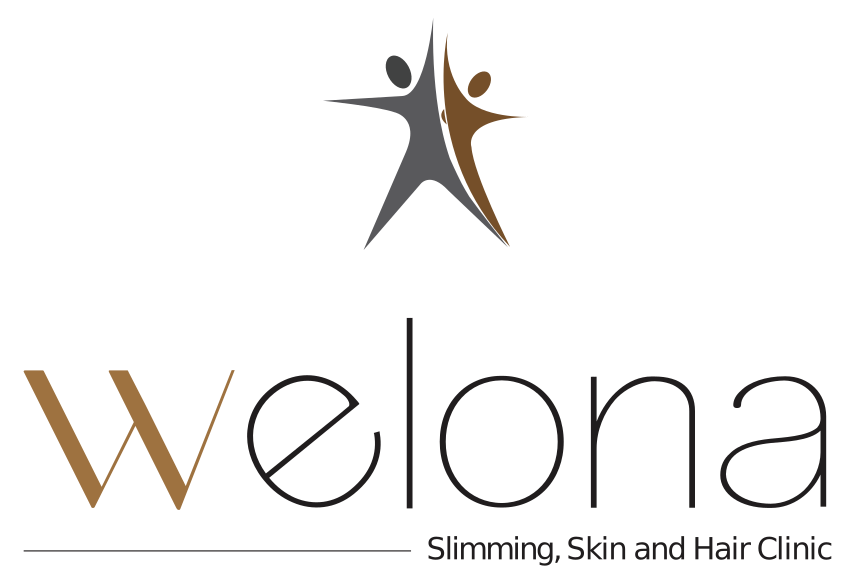Walk into any pharmacy or scroll through social media, and you’ll see countless promises about supplements and special diets that claim to stop hair loss and promote hair growth. But what does medical science actually say? Can changing what you eat or taking certain supplements really make a difference for your hair?
As doctors, we see many patients who have spent months or even years trying various supplements and diet changes with minimal results.
So let’s get into it.

Understanding Hair Loss from a Medical Perspective
Hair loss, particularly genetic hair loss, is mainly driven by genetics and hormones, not nutritional problems. Your hair follicles’ sensitivity to DHT (a hormone) and inherited genetic factors determine whether you’ll experience hair loss.
The Hair Growth Cycle: Hair follicles go through phases of growth, rest, and shedding. While severe nutritional problems can disrupt this cycle, they rarely cause the pattern hair loss most people experience.
Medical vs. Nutritional Hair Loss: Doctors can tell the difference between hair loss caused by medical conditions (including severe nutritional problems) and genetic loss, which requires different treatment approaches.
Why Supplements Usually Don’t Work
Despite massive marketing claims, most hair growth supplements, including biotin, collagen, and saw palmetto, have limited scientific evidence supporting their effectiveness for hair loss. Biotin deficiency is extremely rare, and supplementation only helps if you’re actually deficient, which can be determined through blood tests.
Most hair growth supplements contain vitamins and minerals that people already get from their regular diet, and taking extra doesn’t enhance hair growth beyond normal levels.
Professional Treatments That Actually Work
Minoxidil: FDA-approved topical treatment that extends the hair growth phase and increases blood flow to follicles.
Platelet-Rich Plasma (PRP): Professional treatment using concentrated platelets to stimulate hair follicles.
Low-Level Laser Therapy: Medical devices that stimulate hair follicles through specific light wavelengths.
Hair Transplantation: Surgical procedures that relocate healthy hair follicles to areas of thinning.
The Problem with DIY Approaches
Delayed Treatment: Spending months on ineffective supplements delays proven treatments, potentially allowing more loss to occur.
Wasted Resources: The money spent on multiple supplements could be better invested in proven medical treatments.
Missed Diagnoses: Focusing on nutrition might cause you to miss underlying medical conditions that require professional attention.
The Role of Nutrition in Professional Treatment
Supporting Overall Health: While supplements won’t cure genetic conditions, maintaining good nutrition supports overall hair health and treatment effectiveness.
Addressing Deficiencies: If blood tests reveal actual deficiencies, doctors can recommend appropriate supplementation.
Optimizing Treatment Response: Good nutrition may help you respond better to professional treatments.
Why “Natural” Doesn’t Mean Effective
Many people prefer “natural” supplements over “chemical” treatments, but this thinking is flawed:
- Natural doesn’t automatically mean safe or effective
- FDA-approved medications have proven safety and effectiveness profiles
Final Thoughts
While proper nutrition supports overall hair health, supplements and dietary changes cannot cure genetic hair loss or replace professional medical treatment. The scientific evidence strongly favors medical treatments over nutritional interventions for most types of hair loss.
Don’t waste precious time and money on unproven supplements while your hair potentially progresses. The earlier you seek professional treatment, the better your chances of maintaining and restoring your hair.
At Welona, we believe in science-backed solutions that deliver real results, not false promises from supplement marketing.


